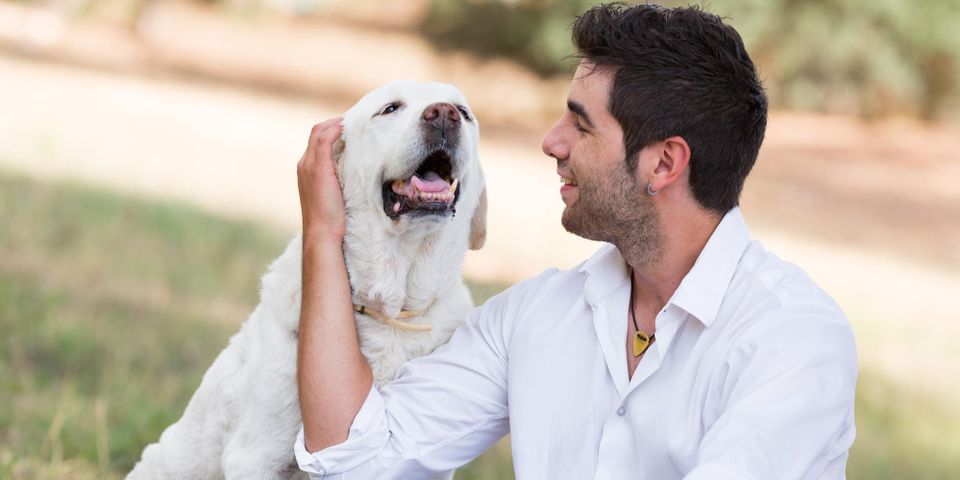
Providing a healthy diet, regular exercise, and loving companionship are all actions that can help your pet lead a long and happy life. However, even with proper care, animals will grow older and experience considerable changes in health. With preparation and help from a trusted veterinarian, you can navigate these natural changes to make sure your special friend enjoys their golden years. To help you plan for this stage of life, here are a few answers to common questions about senior pet care.
FAQ About Senior Pet Care
How Does an Animal’s Health Change With Age?
Animals will experience many of the same signs of aging that humans do. For example, decreased activity and nutritional needs often cause older cats and dogs to lose or gain weight. As cartilage deteriorates, senior animals often develop arthritis—a potentially debilitating form of joint inflammation. Other common health conditions associated with aging include cataracts, diabetes, dementia, kidney issues, and poor bladder control.
How Should You Care for a Senior Pet?
As your pet grows older, it’s a good idea to schedule regular visits with a veterinarian—at least once every six months. During these wellness visits, your vet will provide insight on how your animal’s health is changing and what you can do to prevent issues from becoming worse.
 For example, your vet may recommend changing your pet’s diet so they receive the right nutrients and daily amount of calories. If your cat or dog has arthritis, you may also have to make adjustments to their living environment to reduce the need for strenuous physical activity.
For example, your vet may recommend changing your pet’s diet so they receive the right nutrients and daily amount of calories. If your cat or dog has arthritis, you may also have to make adjustments to their living environment to reduce the need for strenuous physical activity.
What Should I Do If My Older Pet Seems to Be in Pain?
If your animal’s behavior changes suddenly or they are displaying signs of discomfort, consult a trusted veterinarian as soon as possible. These professionals will assess the animal’s physical health to identify potential problems with pain and offer solutions for relief. In some cases, the underlying cause can be treated successfully. In other situations, you may be able to make certain adjustments to help your pet feel more comfortable.
When Should I Consider Pet Euthanasia?
Deciding when your senior pet is ready for euthanasia—a humane method of assisted death performed by a veterinarian—is often an extremely personal choice that depends on many factors. Often, people will choose pet euthanasia when it is clear that the animal’s health will not be improving, cannot be remedied, and is significantly impairing their overall quality of life.
If you believe your senior pet is approaching the end of their life, Sweet Dreams In-Home Pet Euthanasia offers compassionate services to help with the process. Working together with your veterinarian, this specialist will guide you through every step of euthanasia to ensure that your companion remains comfortable throughout the experience. Visit this Woodstock, GA, pet hospice online to learn more about their services. To speak with a caring specialist about your options, call (770) 880-1596.
About the Business
(246 reviews)
Have a question? Ask the experts!
Send your question

